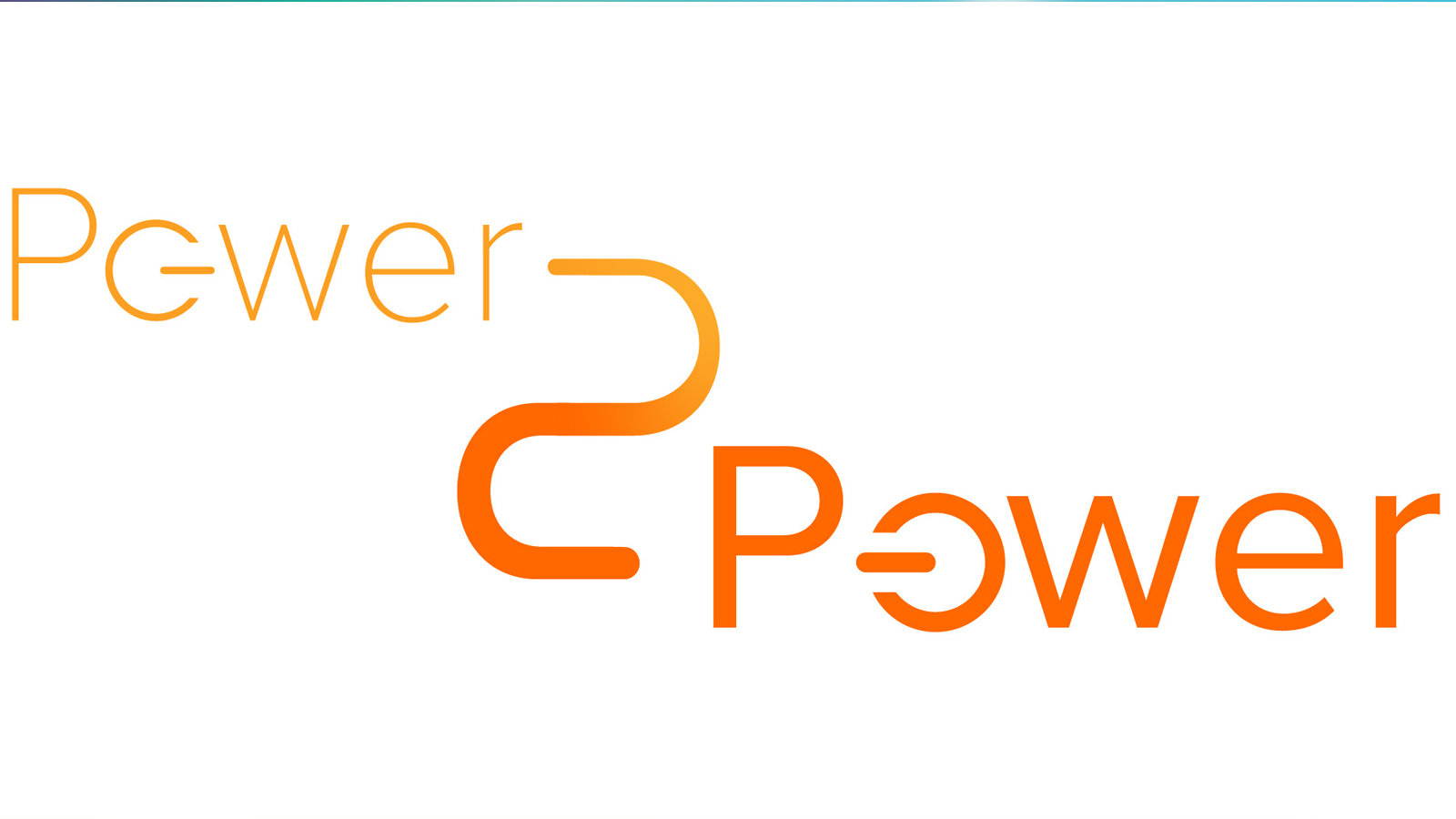Driving research for more efficient semiconductors
Chemnitz University of Technology is participating in Power2Power, the Infineon-led European research project for high-performance semiconductors
The Power2Power European cooperative project has begun. 43 partners from eight countries, including Chemnitz University of Technology, will collaborate over the next three years on the research and development of new semiconductors with higher power density and energy efficiency. High-performance semiconductors are needed in all stages of energy conversion – generation, transmission and use. More efficient semiconductors make a significant contribution to the reduction of carbon dioxide emissions, especially in the face of the growing global demand for energy. Universities, research institutions, small and medium-sized firms, as well as international corporations, are participating in this cooperative project. The coordinator of the project is Infineon Technologies Dresden GmbH & Co. KG.
Chemnitz University of Technology focuses on the reliability and robustness of semiconductors
The partners of the Power2Power project will build pilot lines for the production of innovative, upgrade-capable power electronics at various German locations. Through its strong partnerships and investment in innovation, the cooperative project will create jobs in highly specialised areas. Power2Power thus supports the Federal Government’s High-Tech Strategy 2025 initiative. Chemnitz University of Technology’s role in this project involves improving the reliability and robustness of these future power electronics in the area of Insulated Gate Bipolar Transistors (IGBT). These are transistors that are controlled by voltage and are essential for the power electronics involved with motor control of wind turbines and electric vehicles. The work of the many European partners in this sub-area is coordinated by the Fraunhofer Institute ENAS in Chemnitz.
“Collaboration across value chains is a primary building block for the success of the European microelectronics industry,” says Dr. Reinhard Ploss, CEO of Infineon Technologies AG. “We are taking part in this proven approach as a part of the ‘Power2Power’ cooperative project. Together with our partners, we are working on new high-performance semiconductors and systems architecture with higher energy efficiency. Our goal: more power from less energy.”
“What is meant by robustness is that the semiconductor can withstand overloads and unforeseen conditions, such as short circuits, without failing. Reliability means ensuring that all possible errors are known, their occurrence can be predicted, and the system design is minimal. Mechanisms of material fatigue need to be experimentally researched, their laws need to be understood, and appropriate rules for the layout need to be known. Driving safety, safe operation of power supply systems, and more and more in our society with high-level technology depends on the reliability of power electronics,” explains project partner Prof. Dr. Josef Lutz, Chair of the Professorship of Power Electronics and EMC at Chemnitz University of Technology.
The overall Power2Power project is funded with a total of around 74 million euros. Two-thirds of this share is allotted for the German partners. The European Union promotes this cooperation via its ECSEL (Electronic Components and Systems for European Leadership) programme. Financial support from Germany comes via the Federal Ministry of Education and Research (BMBF), as well as the federal states of Saxony and Thuringia. Partners from the seven other countries are also supported at the national level.
Of the 43 European partners, three are from Chemnitz and the region. In addition to Chemnitz University of Technology and ENAS, the firm EEAT is also taking part. This success is important for Chemnitz as a location for research, as well as the international importance of on-site research.
(Article: Matthias Fejes / Translation: Jeffrey Karnitz)
Matthias Fejes
13.06.2019





